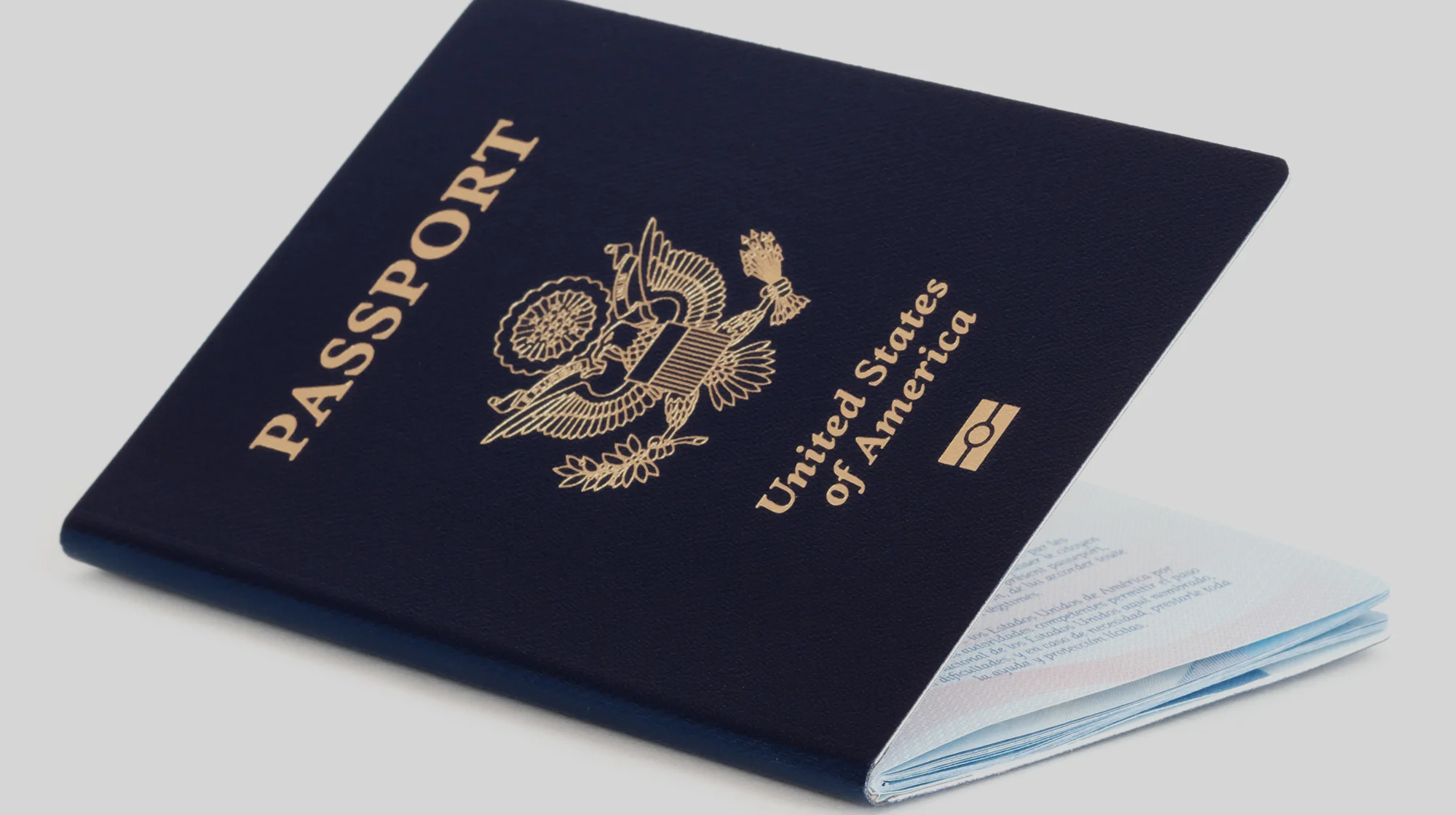
As an immigration attorney at SG Legal Group, I am often asked about the risks of losing U.S. citizenship once it has been granted. While rare, denaturalization — the judicial revocation of U.S. citizenship — remains a powerful enforcement tool. To understand its seriousness, it is helpful to place denaturalization in a broad historical context and then examine how U.S. law currently approaches it.
Denaturalization is not unique to the United States. Throughout history, governments have used citizenship — and the threat of losing it — as a means of control.
These examples remind us that citizenship has long been used as both a reward and a punishment. This history makes it important to watch carefully when our own government discusses expanding the use of denaturalization.
Denaturalization is distinct from renunciation, which occurs when a U.S. citizen voluntarily gives up their citizenship. It is also different from administrative revocation, which USCIS cannot do on its own. Denaturalization requires a judicial order in federal court.
The Department of Homeland Security (DHS) investigates potential fraud and, if warranted, refers cases to the Department of Justice (DOJ). The DOJ then decides whether to file a civil revocation action or criminal charges. Only a federal judge can revoke U.S. citizenship.
Two primary grounds exist under U.S. law:
In both cases, the DOJ must prove its case before a federal judge.
Denaturalization is not taken lightly. The government must meet the high standard of proof of “clear, convincing, and unequivocal evidence” that leaves no doubt that naturalization was obtained fraudulently or illegally.
In fraud-based cases, the materiality requirement is especially important. The Supreme Court addressed this in Maslenjak v. United States, 582 U.S. 335 (2017). In that case, the government sought to revoke Diana Maslenjak’s citizenship, claiming she lied about her husband’s role in a Serbian militia. The Court held that not every false statement justifies denaturalization. Only lies or omissions that could have influenced the naturalization decision are material. As the Court emphasized, “small omissions and minor lies” should not strip a person of U.S. citizenship.
This ruling raised the bar for the government, limiting denaturalization to cases where fraud was truly decisive in the grant of naturalization.
Historically, denaturalization cases have been rare. Between 1990 and 2017, the government averaged about 11 cases per year. During the first Trump administration, that number rose to 25 annually.
DOJ guidance has prioritized denaturalization cases involving:
In June 2025, the Trump administration expanded priorities to include:
The administration even listed denaturalization among its “Top 5 immigration enforcement priorities.”
Still, denaturalization is resource-intensive and expensive. Without major funding increases, widespread use of this tool is unlikely. Moreover, the high legal standards and burdens of proof act as safeguards against mass revocations.
Even though denaturalization remains rare, the fear it generates in immigrant communities is real. Naturalized citizens should understand:
As an attorney, I emphasize that naturalized citizens should be truthful and thorough during the naturalization process. If mistakes were made, consult an experienced immigration attorney before pursuing further benefits.
Denaturalization is a serious but limited tool of immigration enforcement. Rooted in a long history of governments using citizenship to control populations, it continues to raise important questions about fairness, security, and due process. While recent political discussions have spotlighted denaturalization, the law’s high standards and judicial safeguards remain firmly in place.
If you need guidance on citizenship or naturalization issues, contact me at SG Legal Group. My team and I will help you navigate the process with confidence. Consultations are available in English, Russian, or Romanian. Call 410-618-1288 or visit our contact page to schedule a consultation.
Oleg Gherasimov, Esq.
Stay informed with our latest articles and resources.